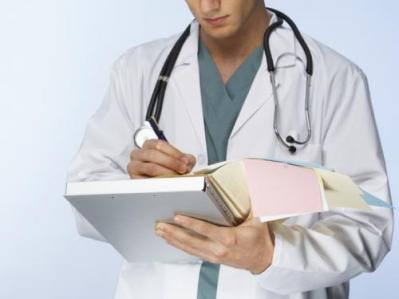Hypertension or High Blood Pressure-Signs and Symptoms
High Blood Pressure is a Silent Killer: You can have high blood pressure (hypertension) for years without a single symptom. But silence isn’t golden. Uncontrolled high blood pressure increases your risk of serious health problems, including heart attack and stroke. High Blood pressure is determined by the amount of blood your heart pumps and the amount of resistance to blood flow in your arteries.
The more blood your heart pumps narrower your arteries, the higher your blood pressure. High blood pressure typically develops without signs or symptoms. And it affects nearly everyone eventually. If you don’t have high blood pressure by age 55, you have a 90 percent chance of developing it at some point in your life, according to the National Heart, Lung, and Blood Institute. Fortunately, high blood pressure can be easily detected. And once you know you have high blood pressure, you can work with your doctor to control it.
Hypertension Signs and symptoms: Most people with high blood pressure have no signs or symptoms, even if blood pressure readings reach dangerously high levels. Although a few people with early-stage high blood pressure may have dull headaches, dizzy spells or a few more nosebleeds than normal, these signs and symptoms typically don’t occur until high blood pressure has reached an advanced – possibly life – threatening – state.
Hypertension Causes : In 90 percent to 95 percent of hypertension or high blood pressure cases, there’s no identifiable cause. This type of high blood pressure, called essential hypertension or primary hypertension, tends to develop gradually over many years.
The other 5 percent to 10 percent of high blood pressure cases are caused by an underlying condition. This type of high blood pressure, called secondary hypertension, tends to appear suddenly and cause high blood pressure than does primary hypertension. Various conditions can lead to secondary hypertension, including kidney abnormalities, tumors of the adrenal gland or certain congenital heart defects.
Certain medications – including birth control pills, cold remedies, decongestants, over-the-counter pain relievers and some prescription drugs – also may cause secondary hypertension. In a 2005 study, women who took an average of 500 milligrams or more of acetaminophen (Tylenol, others) daily over several years were more likely to develop high blood pressure than were women who didn’t take any acetaminophen. It’s not known if the same holds true for men. Various illicit drugs, including cocaine and amphetamines, also can increase blood pressure.

